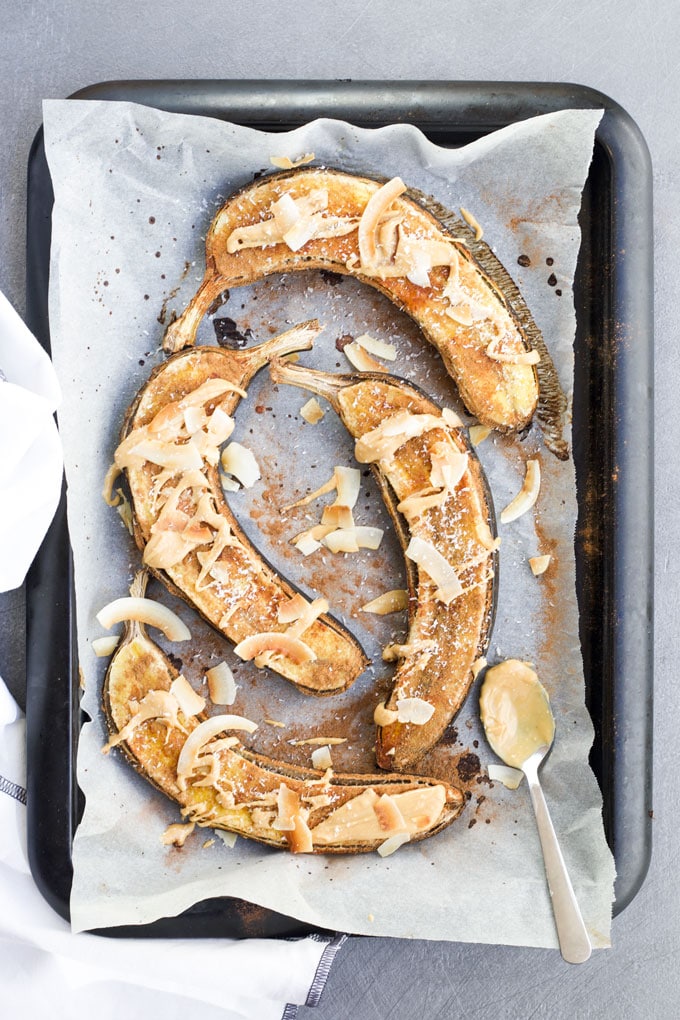
*Click title to read book on Open Library (if available)
*Click picture for link to Goodreads description and reviews
by Jan Brokken
by Mary Henrietta Kingsley
by Daniel M. Mengara
Tropic Moon
by Georges Simenon
Welcome to Africa! We are on the West coast, in the Nation of Gabon's capital city, Libreville.

Gabon gained independence from France in 1960 and Libreville has since grown rapidly from a town that started as a settlement for freed slaves to a booming metropolis hosting 1/3 of the country's population. In direct reference to the city's history, Libreville - translated from French - literally means "free town."
Libreville is a very short 25 miles north of the equator. Much like Fortaleza, it has a long monsoon (rainy) season and short dry season - which lasts June through August. Ironically, the dry season is very cloudy, so there is limited sunshine, less on average than during monsoon season! However, the temperatures bottom out at 71F and rarely rise above 86F...very comfortable!
Other interesting features of the city is that the the Komo river runs directly through it and dumps into the Atlantic. This provides much of the city's (hydroelectric) power. The city has distinct districts also, some of which are famous for their nightlife. The city's west coast is entirely the South Atlantic ocean. As such, shipping and related port industries are the lifeblood of both Libreville and Gabon. Check out the video below for some more fun information about this equatorial city:
Now, let's explore the city and see what there is to do:

Now that we are in the Eastern hemisphere, you'll start to notice a different approach to life. Pointe Denis Beach isn't littered with parking lots and towering resorts. Rather, they maintain the natural beauty of their beaches with palm trees and tropical bungalow hotels sans concrete swimming pools. The people are all about sport, however. Renting quads and jet skis is a popular way to enjoy a nice sunny day in the ocean.
Away from the beaches and back into the city is a vast, open marketplace that is especially popular on Saturdays. While there is trade in fish, fruit, and vegetables (so beware the smell!), there are countless vendors and stalls that sell anything and everything. Bartering and haggling prices is the custom here, and French the language, so be sure to get a guide should you wish to spend your time and money here.

Let's wrap up our Libreville tour by looking at one of their museums:
- Musee des Arts et Traditions du Gabon (Museum of Art and Culture)
This museaum features historic artifacts of the indigenous peoples and cultures. The museum is focused on Gabonese history and peoples.
If your stay in Libreville is during a spurt of sunny days with comfortable temps, check out one of the city's lakes, parks, or their gorilla reserve!
Welcome to Africa! Let's take a look at some dishes popular to Gabon and throughout West Africa. Click the name of the dish to link to its recipe!

From nationalfoods.org: "This spicy chicken dish (Poulet Nyembwe) is the national dish of Gabon. The word Nyembwe means palm oil in the Myene language which is spoken in Gabon. Essentially, Poulet Nyembwe is chicken cooked and flavored with palm oil. Smoked chicken is usually used to prepare it. People of Gabon usually serve hot rice, plantain or mashed yams with this dish."

From 196flavors.com: "Oven-baked bananas are certainly one of the iconic dishes of Gabonese cuisine. Crispy and tasty, they are traditionally eaten with dessert, as an accompaniment or just as a snack. The locals are very fond of it and do not hesitate to add brown sugar to make them even more decadent. Also, they are usually served with sour cream."